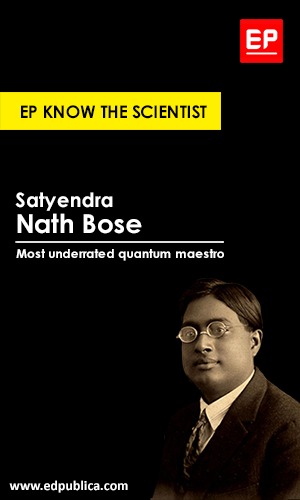Editorial Policy
EdPublica Editorial Policy
EdPublica is committed to producing accurate, independent, evidence-based and constructive journalism. Our newsroom is guided by transparency, scientific integrity, and the belief that journalism must empower—not exhaust—the public. Here are the 10 factors we consider central to our editorial policy.
1. Accuracy, Verification & Data Integrity
- All claims, numbers and findings are cross-checked against authoritative sources.
- Data visualisations undergo independent editorial review.
- We contextualise numbers to avoid misinterpretation.
- Corrections are issued promptly and clearly.
2. Independence & Impartiality
- EdPublica maintains full editorial independence from governments, corporations and political actors.
- Sponsored content never influences editorial judgment.
- Conflicts of interest must be disclosed by all contributors.
3. Evidence-Based Science & Education Reporting
- We prioritise clarity, context and public understanding while covering:
- Climate science & adaptation
- Environmental policy & sustainability
- Education systems, learning science & pedagogy
- Physics, astronomy & space exploration
- Global development, health and technology
- Our goal is to make complex science accessible and digestible without sacrificing accuracy.
4. Constructive Journalism: Why We Practice It
Constructive journalism is an editorial approach that focuses on solutions, progress, and pathways forward, instead of reporting only on crises and conflict.
EdPublica believes in constructive journalism because:
- It offers audiences a fuller, more accurate picture of reality.
- People need solutions—and the science behind them—not just problems.
- Constructive storytelling strengthens democratic engagement.
- It empowers young readers, educators, and policymakers with knowledge they can use.
Constructive journalism does not sugarcoat or avoid problems. It examines challenges rigorously, but also highlights credible solutions, innovations, and scientific breakthroughs shaping the future.
5. Data Journalism: Our Core Approach
EdPublica places data at the centre of reporting.
We:
- Extract insights from reliable datasets
- Visualise trends using charts, maps and infographics
- Analyse scientific reports with methodological clarity
- Prefer data-driven arguments over opinion-driven narratives
Data journalism helps readers interpret the world with precision and evidence—not noise.
6. Transparency & Sourcing
Quotes, expert opinions, datasets and documents are attributed clearly.
- Anonymous sources are used only when security or safety requires it.
- We distinguish reporting from analysis and commentary.
7. Inclusion & Representation
- We amplify diverse voices across science, research, gender and geography.
- The Women in Science section reflects our commitment to equity in STEM.
8. Ethical Standards
We avoid misinformation, pseudoscience, sensationalism, and unverified claims.
- Children’s identities are protected unless explicit consent is provided.
- We follow global journalism principles of fairness, accuracy and dignity.
9. Use of Artificial Intelligence (AI)
At EdPublica, we believe the question is not whether AI should be used, but how it should be used ethically, responsibly, and transparently. AI is a tool — not a replacement for human judgment, editorial oversight, or original reporting. We use AI strictly to enhance our journalism: for data analysis, verification, pattern detection, fact-checking support, translation, and accessibility.
We never allow AI to replace human editorial decisions, scientific scrutiny, or field reporting. Our use of AI follows strict guidelines to protect accuracy, integrity, and public trust.
Read more about our detailed AI usage principles in our full AI Policy.
10. Accountability & Corrections
- Corrections are published transparently with timestamps.
- Readers may request clarifications through our editorial email.
For queries or feedback on our editorial policy, reach out to our Editor-in-Chief at dipin@edpublica.com












